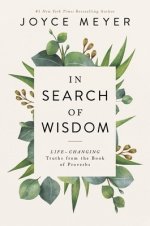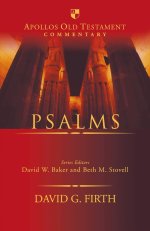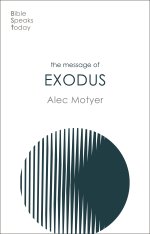Historically the plants of the Bible have been of great interest for botanical studies, for their medicinal qualities, for cooking, for building gardens, for inspiration, and as metaphors for teaching.
The Bible often provides both social and symbolic meanings for plants, but sometimes the ambiguity of language means that the species mentioned cannot be specifically identified. The Bible was written in Aramaic and Hebrew, it was first translated into Greek in the second century B.C.E., into Latin in the fourth century C.E., and later into the many languages of the world. As we will see, the story of those translations has affected our understanding of the plants.
In this book I include the Hebrew name and the Latin scientific name for each of the plants, as well as the common name in English. Along with the images, I include a biblical reference to the plant with my interpretation of the verse, focusing on the five most mentioned plants: fig, grape vine, olive, date palm and pomegranate.
The generic Hebrew term for fruit (peri) is used throughout the Bible. In many cases the reference is to the olive, fig, or grape the three most important fruits to the Israelites after they left Egypt. Isaiah predicts that the descendants of Jacob will blossom and fill the world with fruit, making Israel a gift to the world.
In the days to come Jacob's descendants will take root, Israel will sprout and blossom, and they will fill the entire world with fruit.
Isaiah 27:6
The Hebrew word "seed" (zera) is regularly mentioned in reference to a grain crop, not being clear whether the reference is to wheat, barley, spelt or millet. Since wheat was the most highly esteemed and valuable, it was the most common seed. Wheat is clearly identified in many biblical verses: "They have sown wheat and harvest thorns..." (Jeremiah 12:13) Wheat is also depicted in Egyptian monuments and apparently in the dream of Pharaoh, which Joseph was asked to interpret.
In another dream, I saw seven full and ripe clusters of grain growing on a stalk. Coming up behind them were seven other clusters shriveled, thin and damaged by the east wind.
Genesis 41:22-23
Seeds like coriander are identified in Exodus 16:31.
Israel called it manna. It was like a white coriander seed, and it tasted like a wafer made with honey.
For the Israelites it was specifically forbidden to mix seeds of various grains "...you shall not sow your field with two kinds of seed..." Leviticus 19:19
The Jewish historian Josephus in the first century C.E. described the land of Israel as "a garden of God" because of the beauty and lusciousness of the amazing variety of trees and orchards.
This harmony and beauty of plants, the plentiful seeds, fruit trees, herbs and grasses made the land a paradise.
Trustpilot








